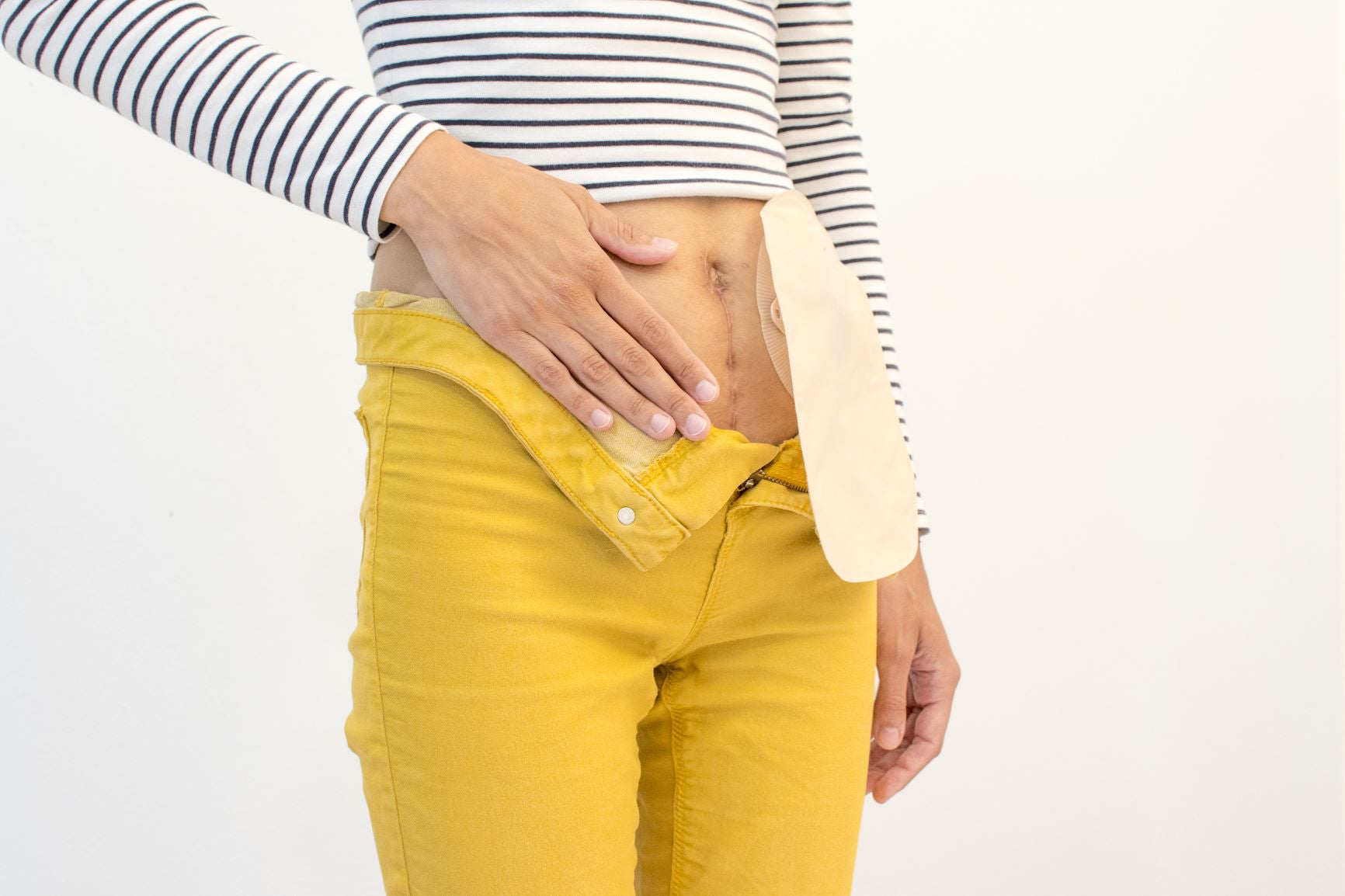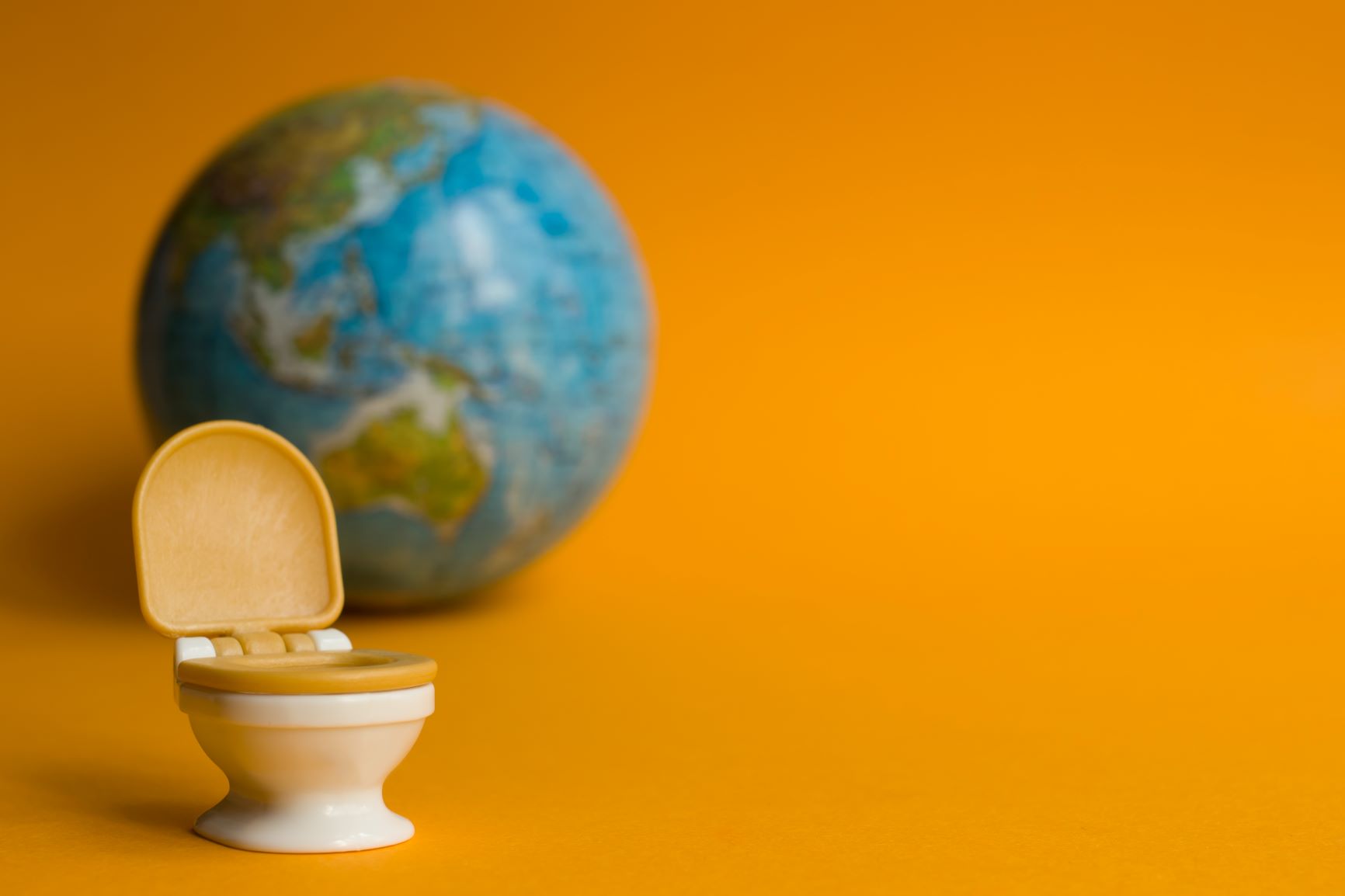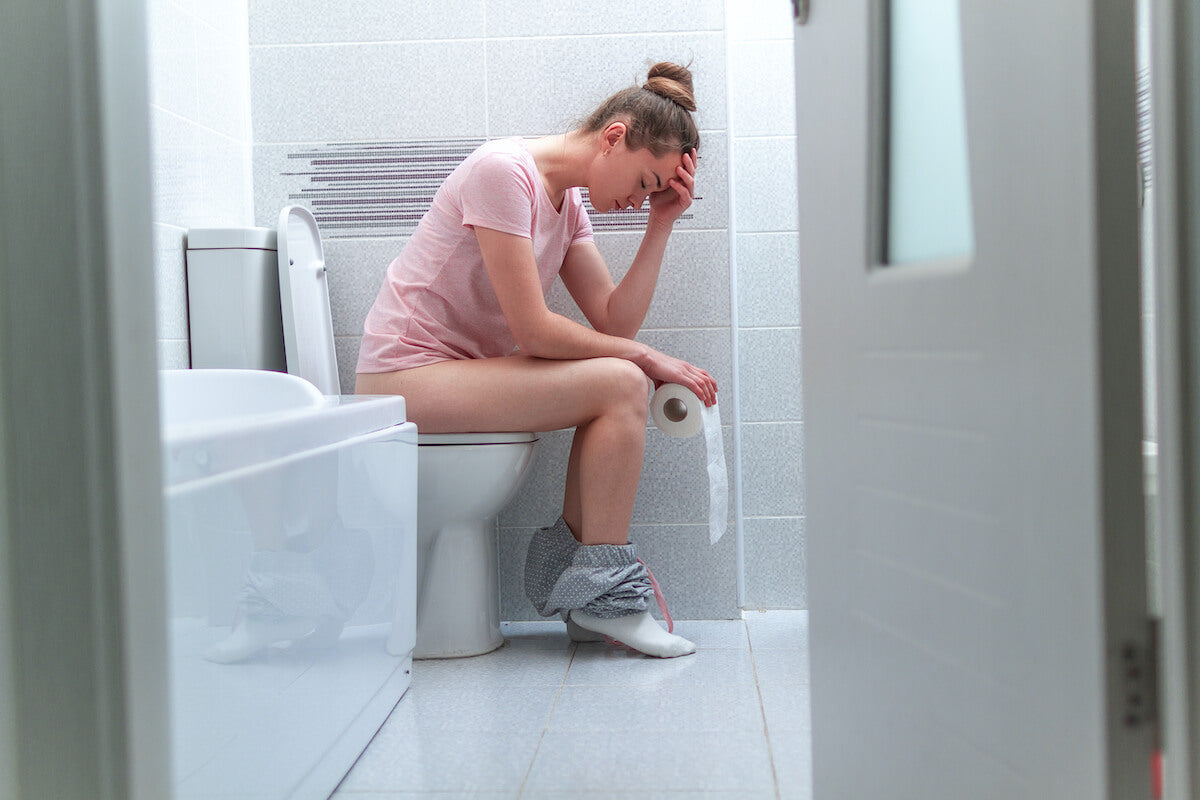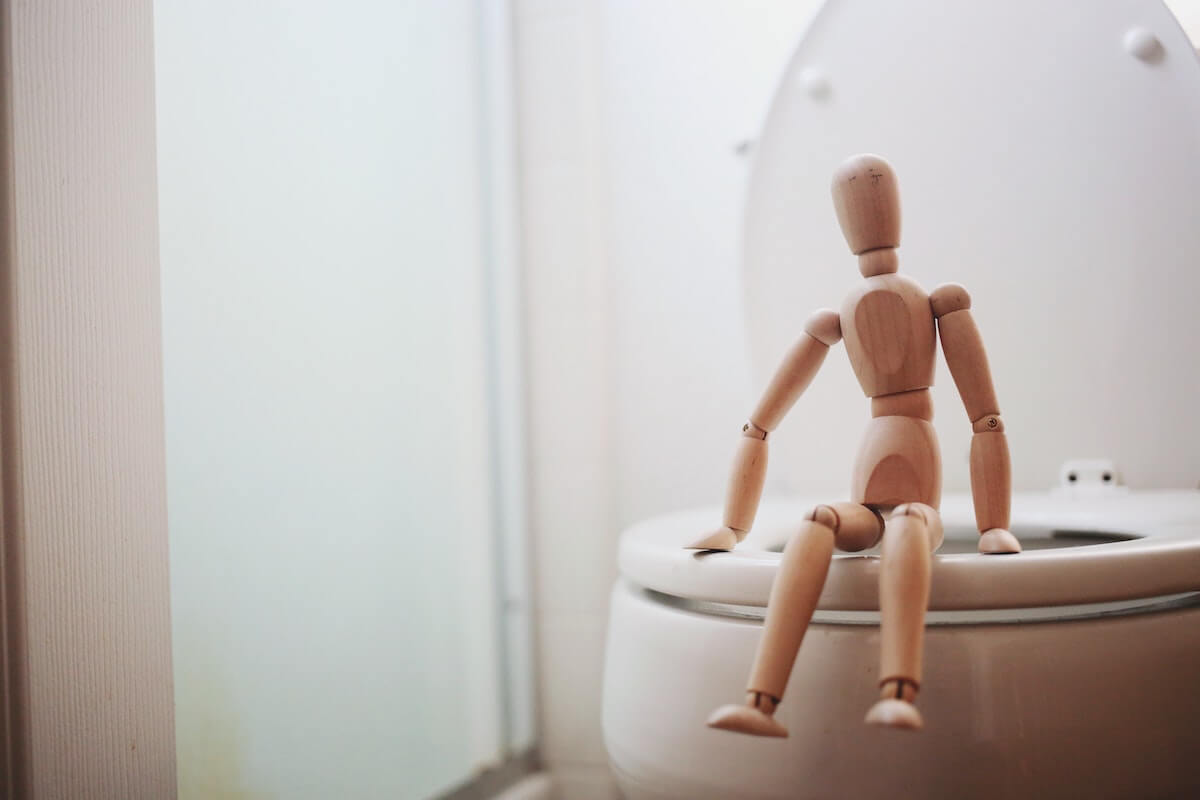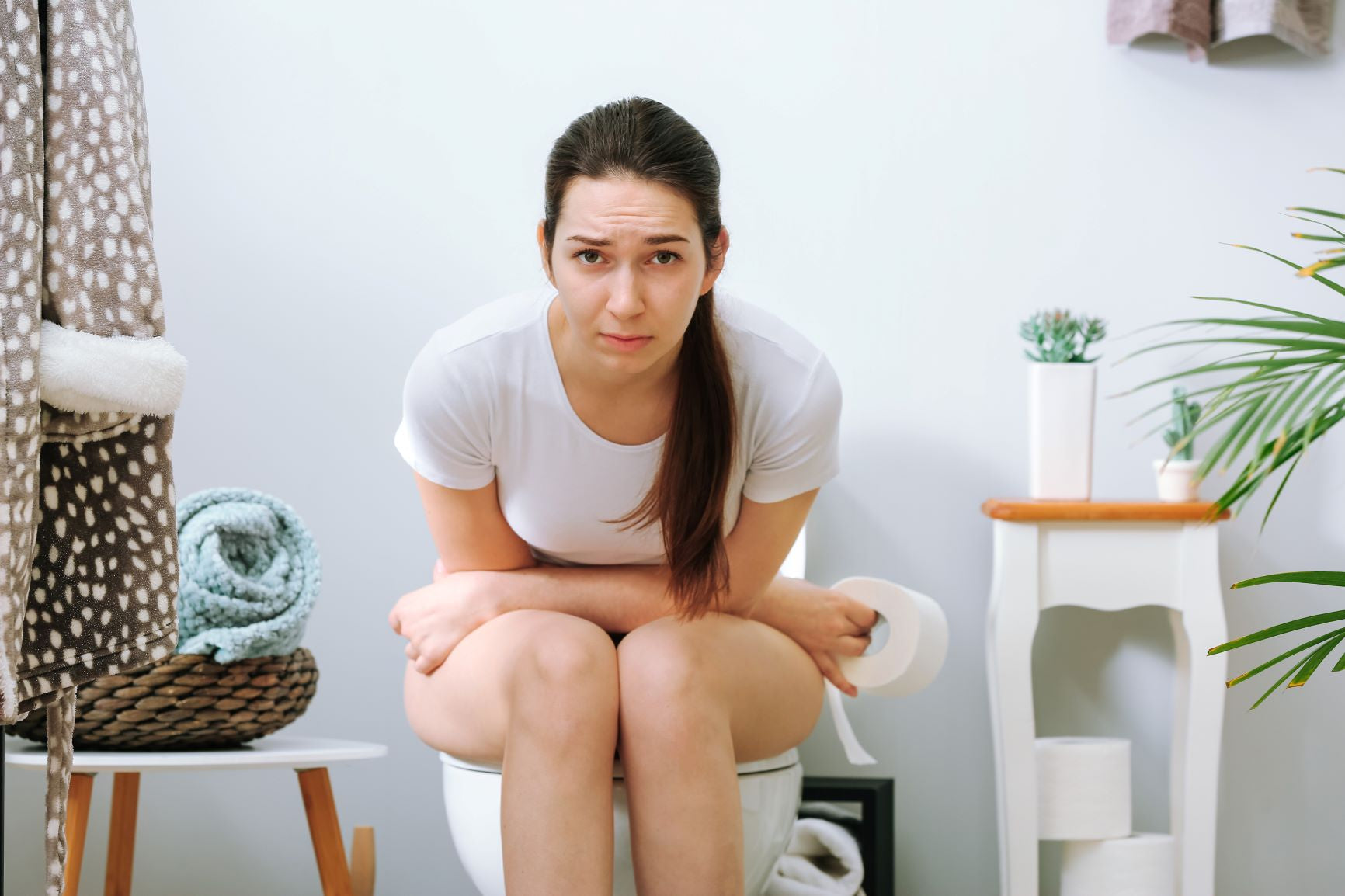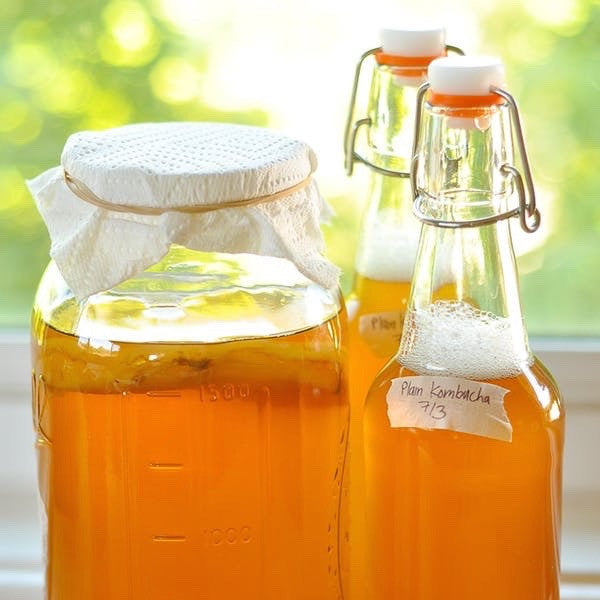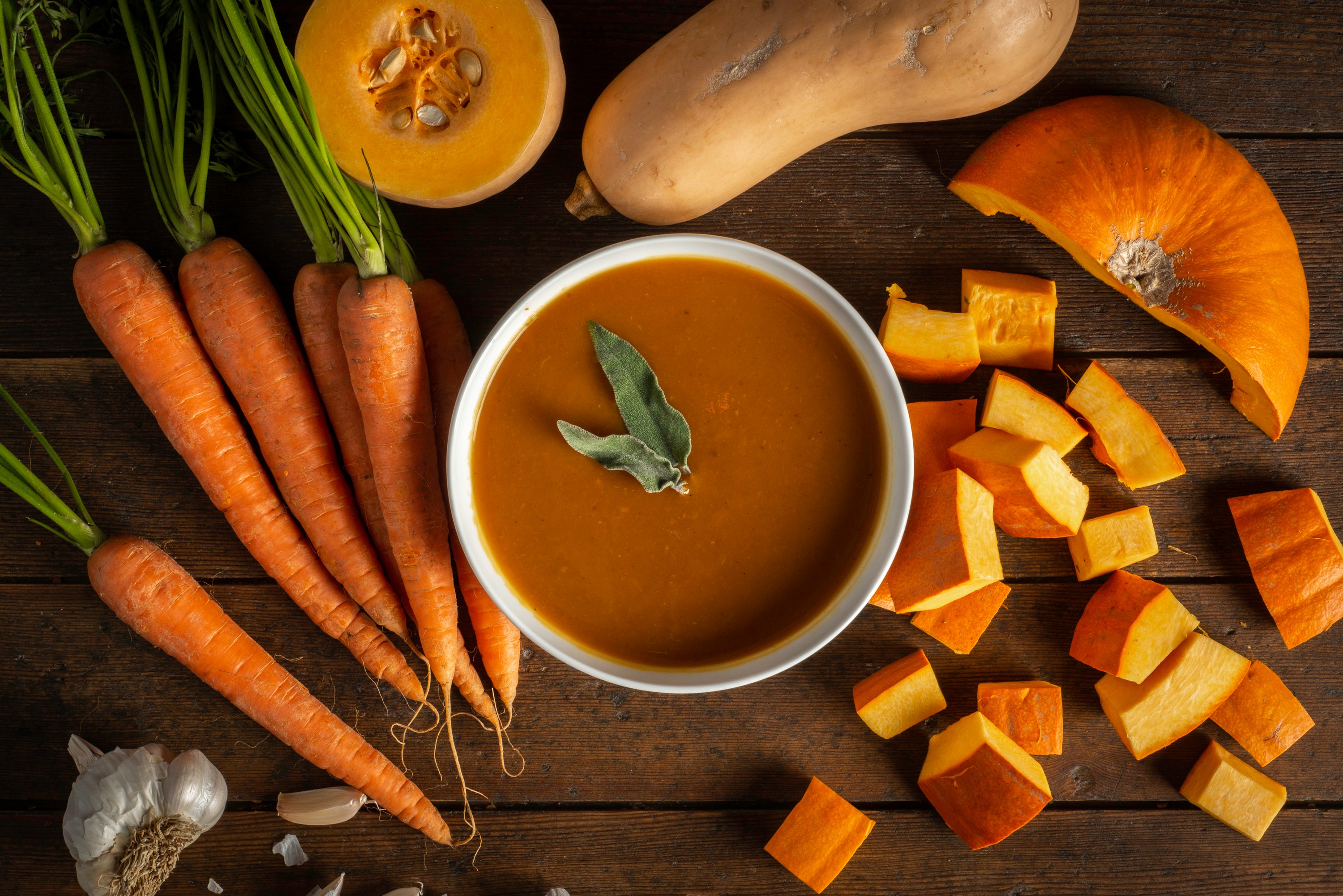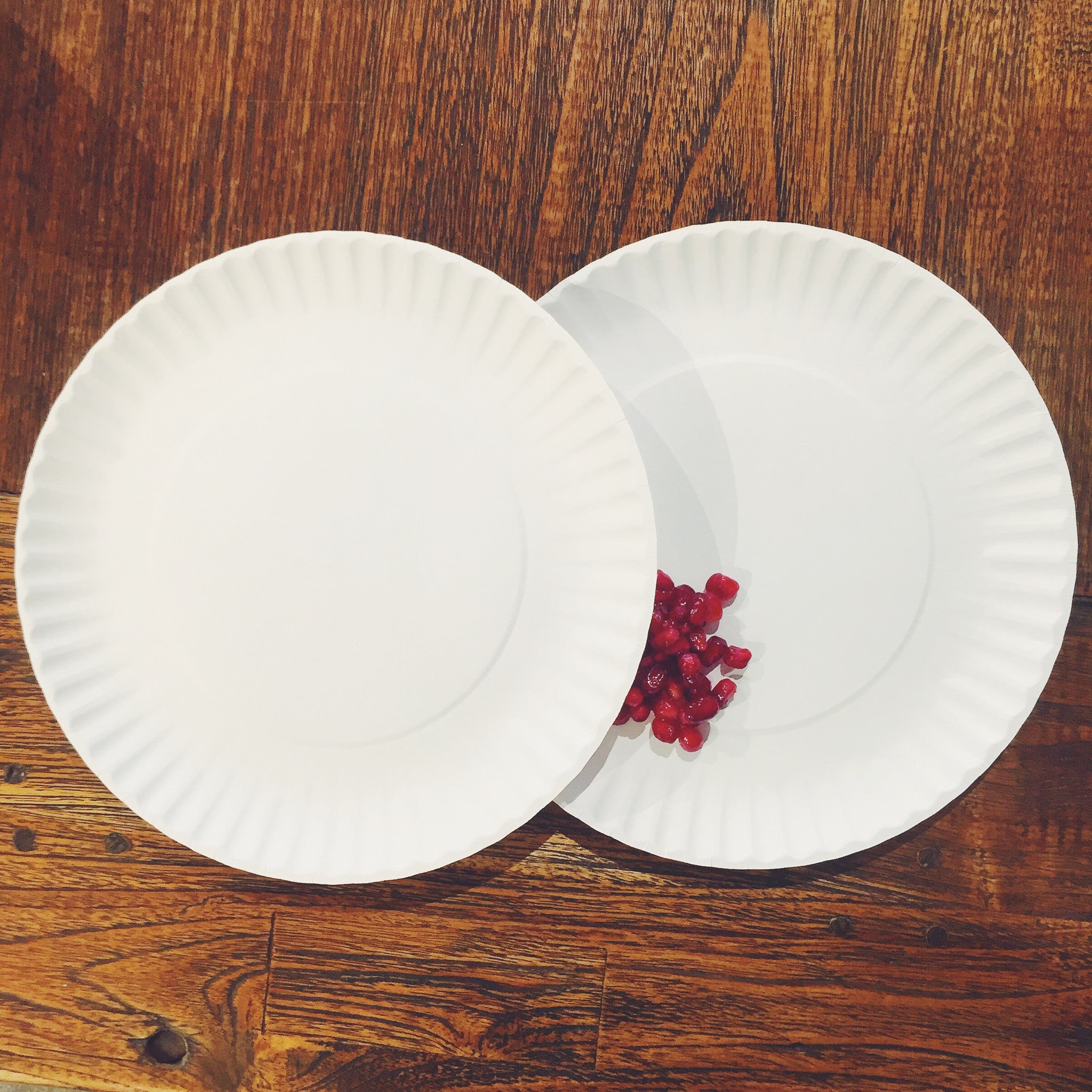
Does your sh*t sail around the toilet bowl like a happy otter? Our stinkers are supposed to be sinkers. So what’s up with floating poop?
Floating stool normally means that your #2 passed through your intestines too quickly, and the nutrients did not have a chance to be absorbed. This can be caused by gas, changes in your diet, or even having a stomach bug. But(t) the occasional floating poop is no cause for fear! We’re here to tell you what causes floating stools, and how to make ‘em fall.
So Why Does Poop Float?
Floating poop generally means something is off with the make-up of your bricks. A healthy poo coils around the bottom of your toilet bowl like a cobra in a basket. So when your BMs aren’t sinking, it’s a sign that your snake may be a little sick. There are a constellation of causes that pretty much center around digestive problems. Unless you’re scarfing down refried beans, it’s likely there’s some sort of tummy trouble causing your poo to ride your toilet’s waves. Here’s more on what is causing your floaters:
Malabsorption
Floating stool generally indicates malabsorption, meaning your body isn’t absorbing nutrients as the stool passes through your gastrointestinal system. Generally this fast-pass ride through your intestines means the poop will have a high fat content. Just like oil floats in dressing, the fat in your poo makes it float.
On its own, malabsorption isn’t necessarily a red flag. But some of the main causes are digestive problems, like Celiac disease, lactose-intolerance and pancreatitis. With any of these conditions, you’ll also notice other symptoms -- more on that below.
Stomach Infection
Infections that impact your gut like E. coli, Salmonella or norovirus can cause floaters. These infections can create gas (which floats), or may change your body’s ability to absorb nutrients (leading to fatty floaters). In most cases, a tummy infection is temporary and doesn’t require treatment. Definitely go hard on fluids and rest while you recover. If symptoms don’t improve over time, you’ll want to get to a doctor.
GI Disorders
Any dysfunction that prematurely opens the poop gates can lead to floating stool. Conditions such as irritable bowel syndrome and ulcerative colitis affect the urgency in which you go, which again impacts the fat and gas content of your plops. Following a mindful diet and introducing probiotics can help regain balance and stability in your GI tract.
Eating Foods that Give You Gas
The most fart-inducing foods include:
- Beans
- Milk
- Raw veggies
- Sodas
Basically wherever you’ll find large amounts of sugar, lactose, starch or fiber. These ingredients can create so much gas that it gets lodged inside your poos. Air is less dense than water, so the air-pocketed poop floats. It’s kinda like you’ve got tiny balloons in your poo. Hey Pixar, we smell an Up sequel!
Health Conditions that Cause Floating Poop
When stool is fatty (thicc), it may float. The medical term for this is steatorrhea, and it’s got a few origin stories. Here are a few possible reasons your stool is light.
Celiac Disease
Celiac is an autoimmune disease that damages the lining of the small intestine whenever gluten is ingested. Gluten is a group of proteins that exists in grains like wheat, rye and barley. Folks afflicted with Celiac may experience other digestive symptoms, like bloating, indigestion, diarrhea or nausea.
Cystic Fibrosis
CF is a disease that causes an overproduction of mucus in the digestive tract and lungs. The mucus throughout the pancreas prevents the full absorption of nutrients from stools, which can result in fatty poos that float.
Short Bowel Syndrome
Essentially, some portions of the intestines are AWOL. That is to say, a part of the small or large intestines aren’t functioning optimally, and nutrients in stools aren’t being fully absorbed in their digestive journey.
Lactose Intolerance
Lactose is a sugar in dairy products, and your body needs an enzyme called lactase to process dairy properly. Not having enough lactase is the most common cause of malabsorption. With lactose-intolerance, you’re likely to experience bloating and/or diarrhea when you go hard on cheese dips, fettuccine alfredo and other creamy milky concoctions.
Pancreatitis
The pancreas is a large gland next to the stomach that generates digestive juices. When the juices start digesting the pancreas, that’s pancreatitis. Your pancreas isn’t designed to be digested! The damage this causes to the pancreas results in malabsorption. In this case, alongside floating stools, you’ll notice nausea, vomiting and unexpected weight loss.
Tips for Healthy Poops
Ready to turn your floaters into buried treasure? Follow these tips to support a healthy digestive system:
- Replace processed, nutrient-poor food for fiber-rich snacks and meals – aiming for 25-28 grams a day
- Eat plenty of healthy fats from olive oil, avocado, fish, eggs, nuts and seeds to reduce the risk of inflammation and infection in your colon
- Drink enough water AND eat water-rich foods, such as fruits and vegetables
- Incorporate fermented foods into your diet like kimchi, sauerkraut and kefir to improve the good bacteria in your gut
When to See a Doctor
If peering at your poop reveals floating stools on the reg, you are likely experiencing malabsorption. Say you see buoyant BMs a few times a week for more than a month. Then, it may be time to visit your doctor. They’ll conduct tests to discover the underlying causes of these floating BMs, and may test you to determine what vitamins and minerals you are deficient in.
Only spotting a brown cloud every now and again? Your gassy foods are to blame. Rather than a doctor’s visit, it’s time to lay off the beans.
If it hurts when you poop, pay attention to your symptoms, diet and any changes to your lifestyle (stress, medications, travel). To help reduce the strain, upgrade your pooping position with TUSHY Ottoman – a stool that puts you in a seated squat for the best poop of your life. If you can’t attain dreamy dumps through proper diet and exercise, talk to your doctor.
Frequently Asked Questions
Is Floating Poop Normal?
On occasion, yes. Sporadic floaters can be the result of changes in your diet, gassy foods or a stomach infection. However, if you experience floaters on the reg (weekly and for longer than a month), it could be the sign of a more serious condition.
Should Your Poop Float or Sink?
Healthy poops sink. Floating poop contains trapped gas and fats which cause buoyancy. When stool passes through our system too quickly, nutrients aren’t fully absorbed by the body.
What Does Fluffy Floating Poop Mean?
Foamy or fluffy poop that floats implies an excess of fat content, which could be indicative of malabsorption. If you notice fluffy floaters for longer than a month, talk to your doctor to rule out any serious conditions.



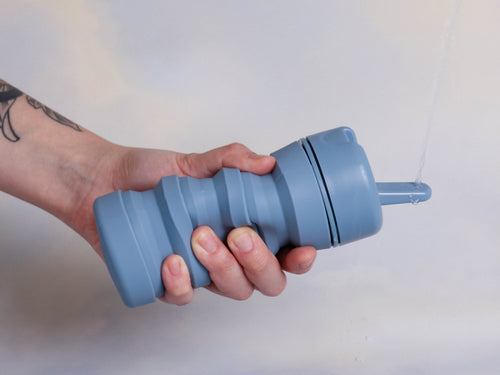
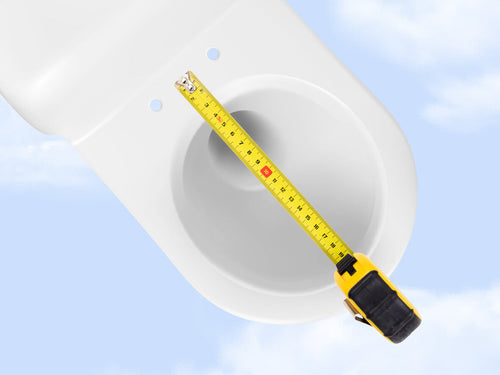




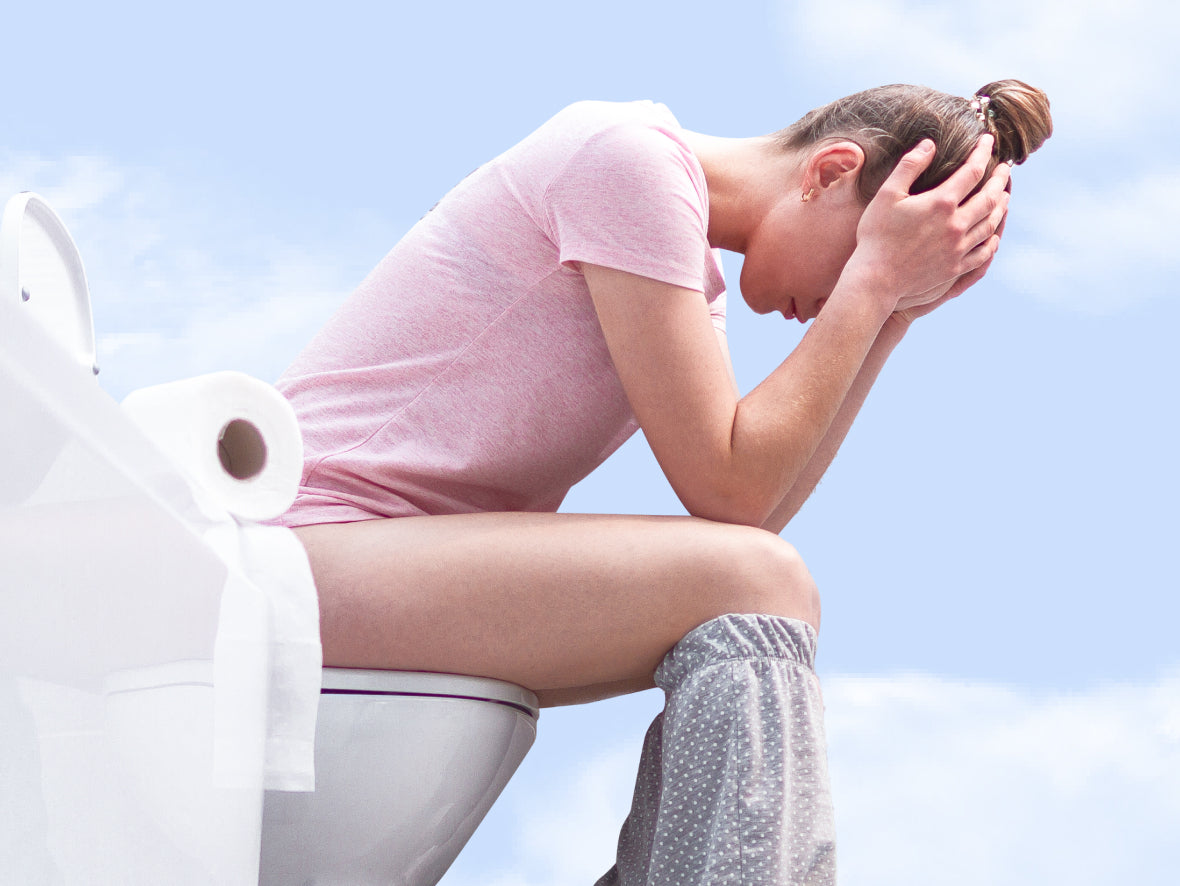
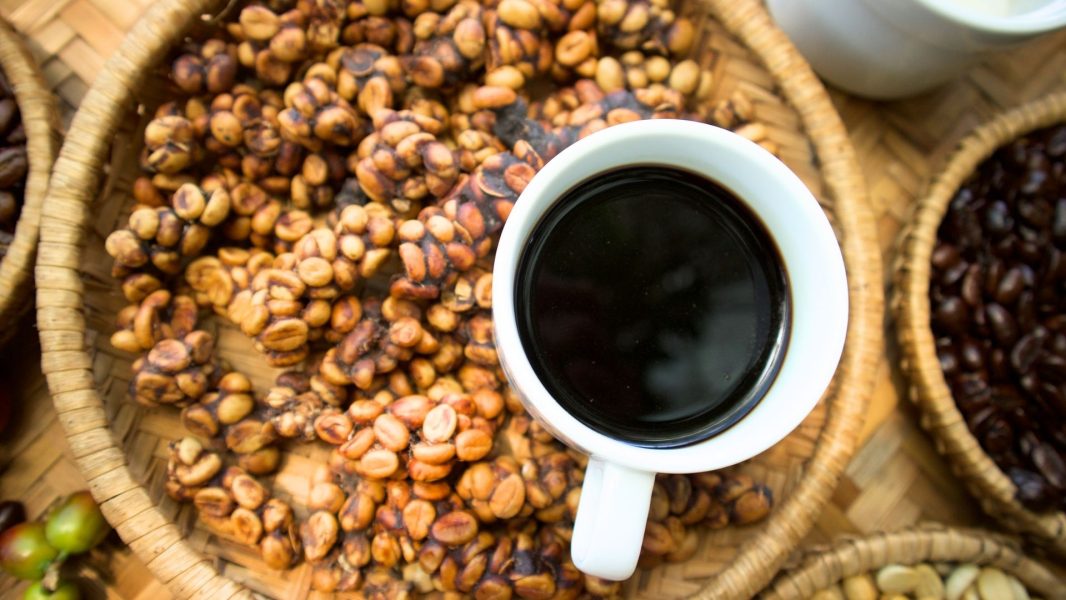


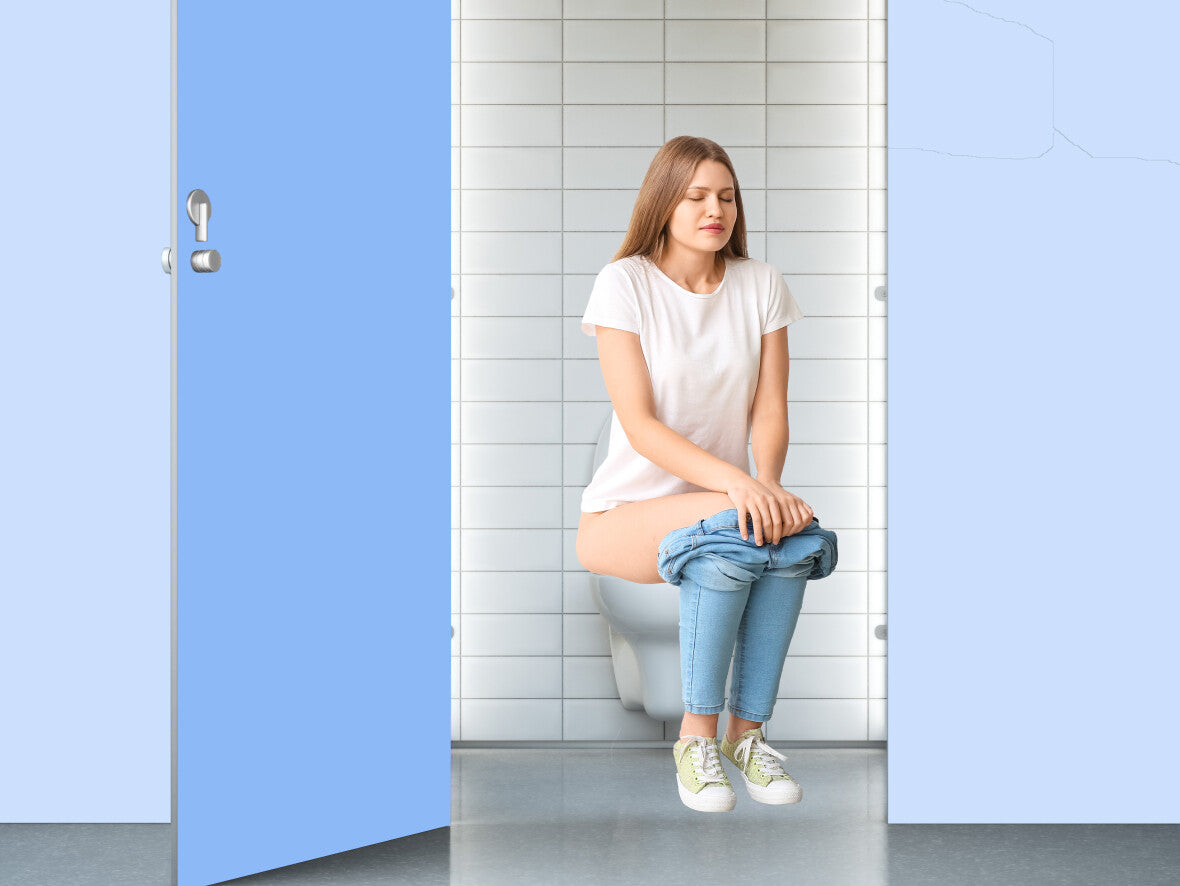
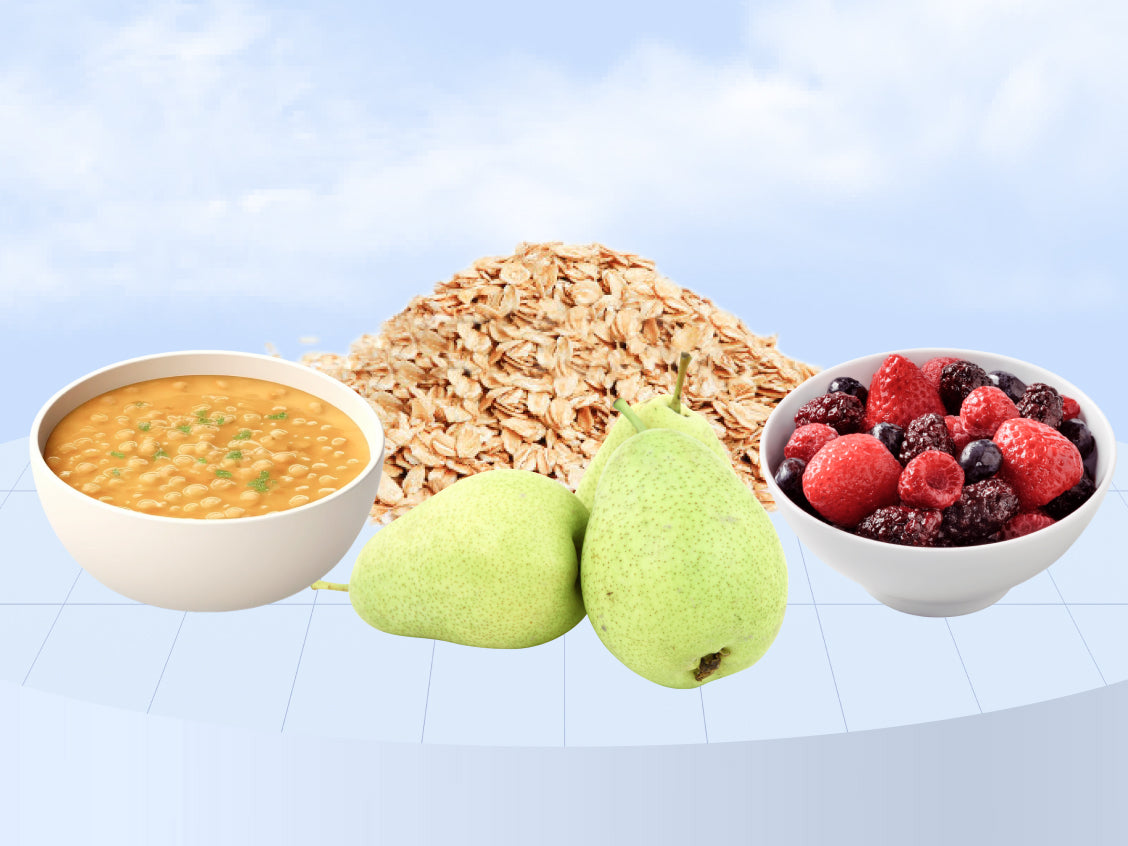

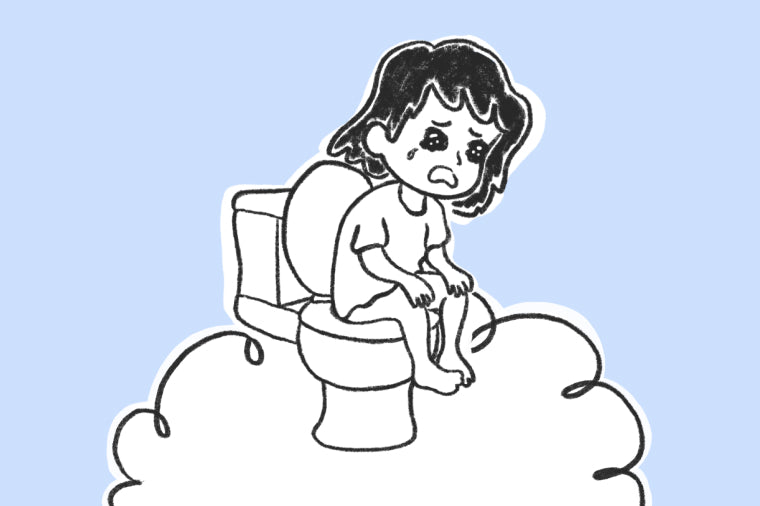

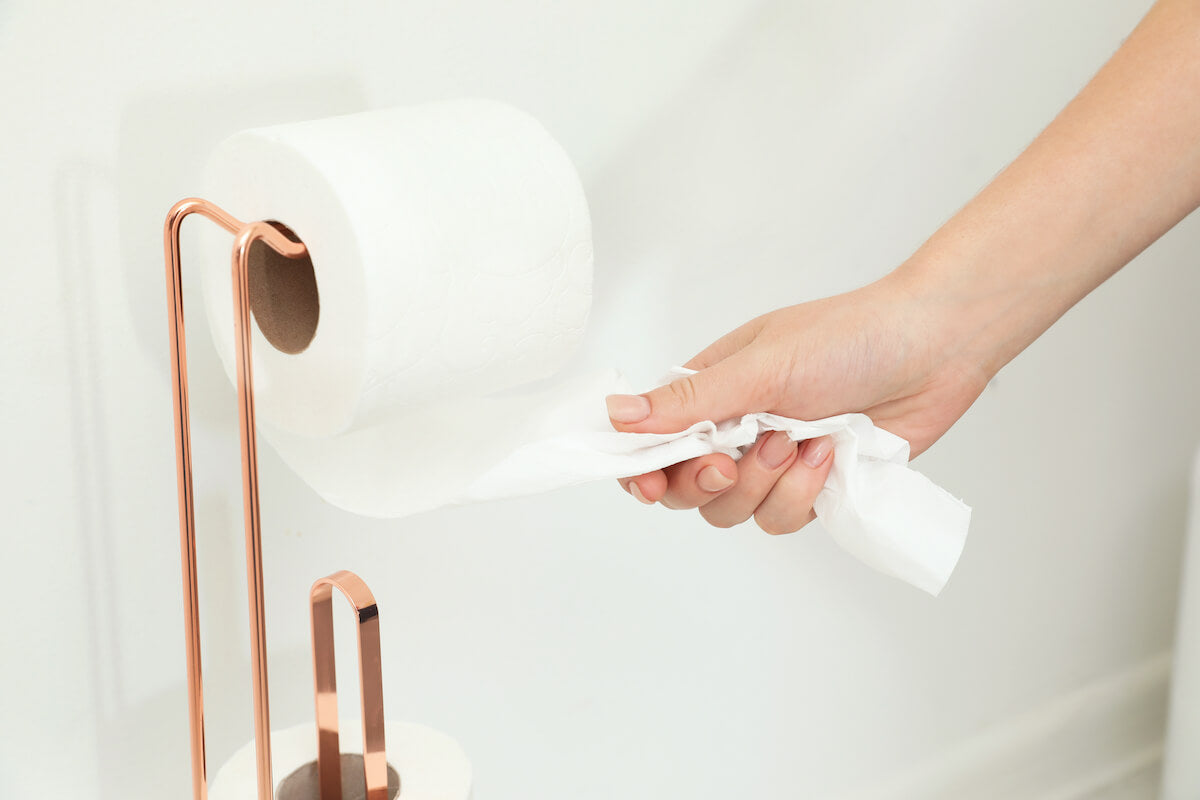

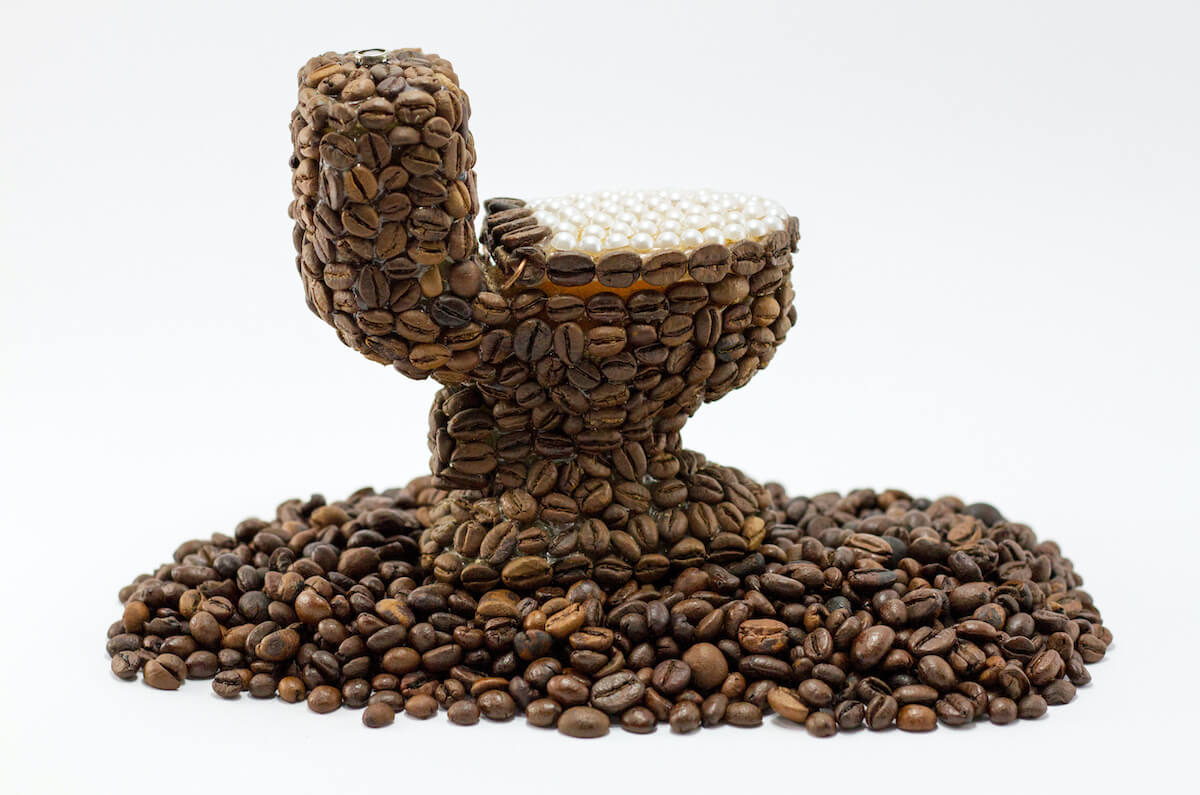

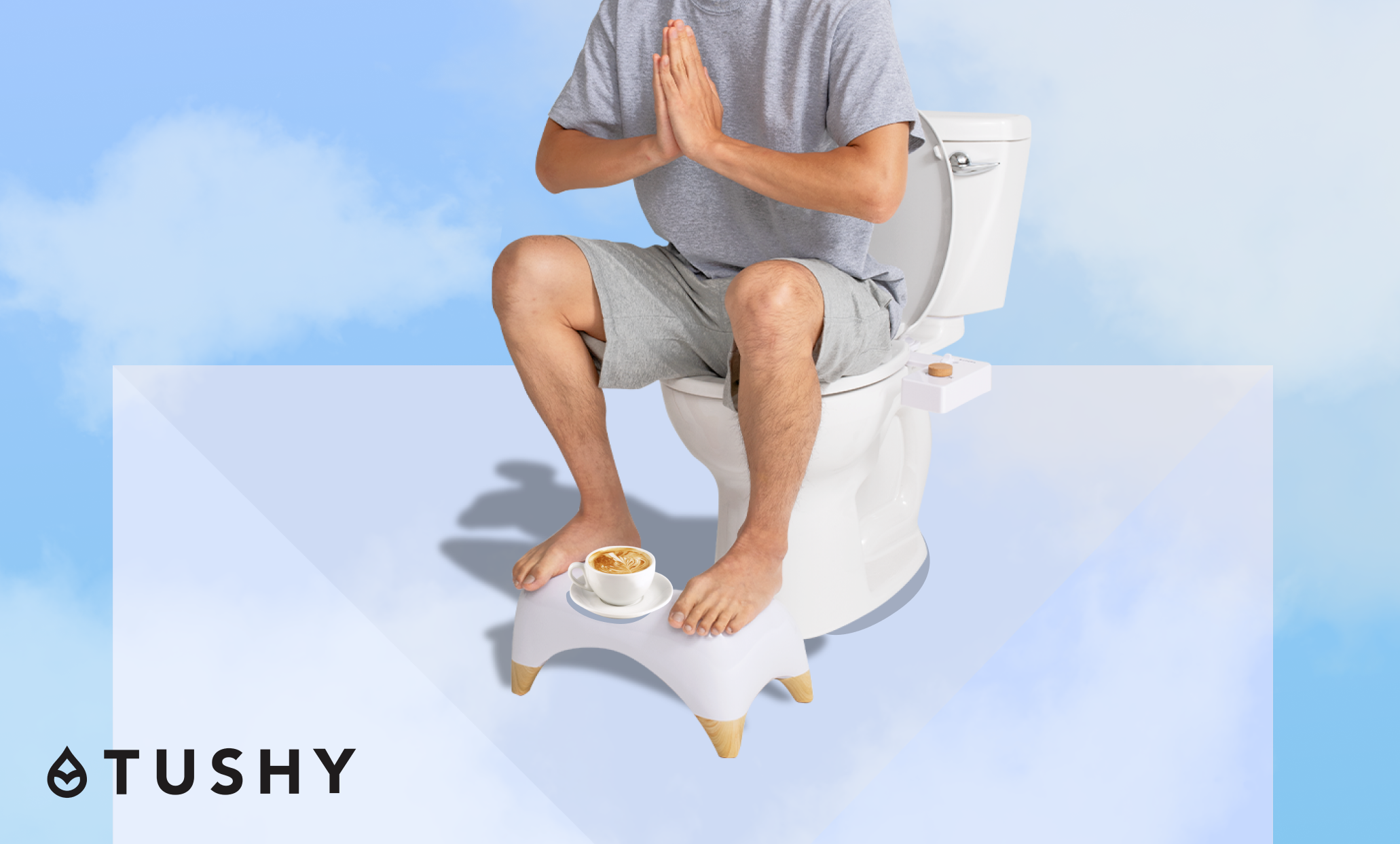
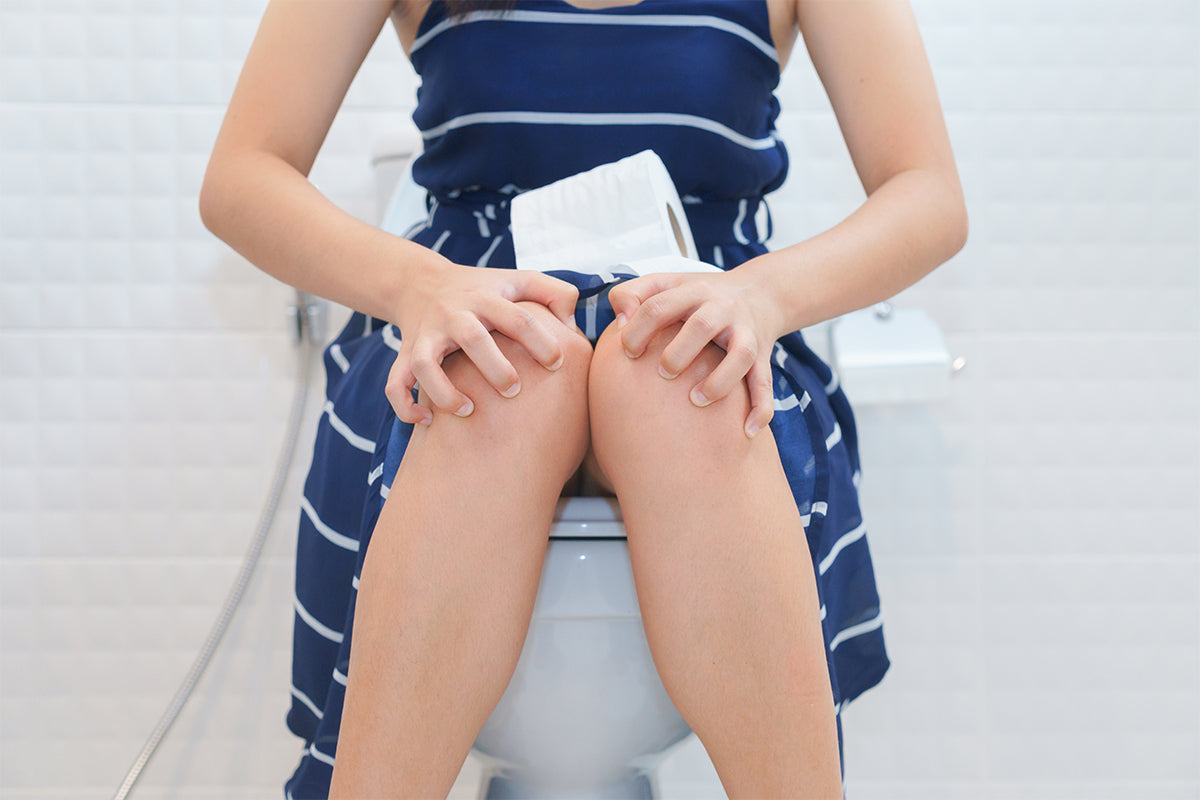
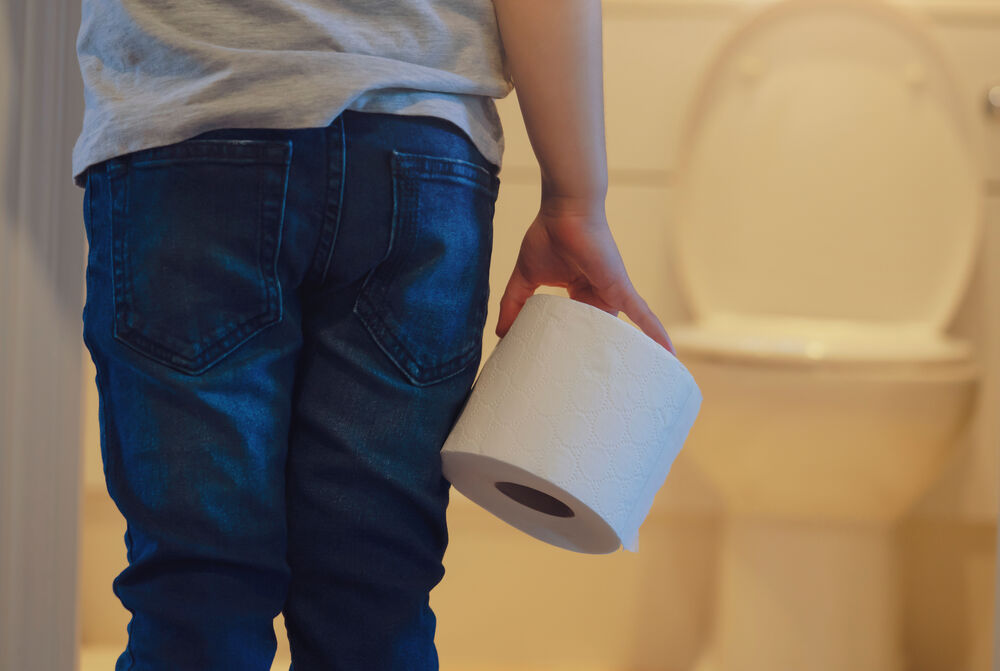

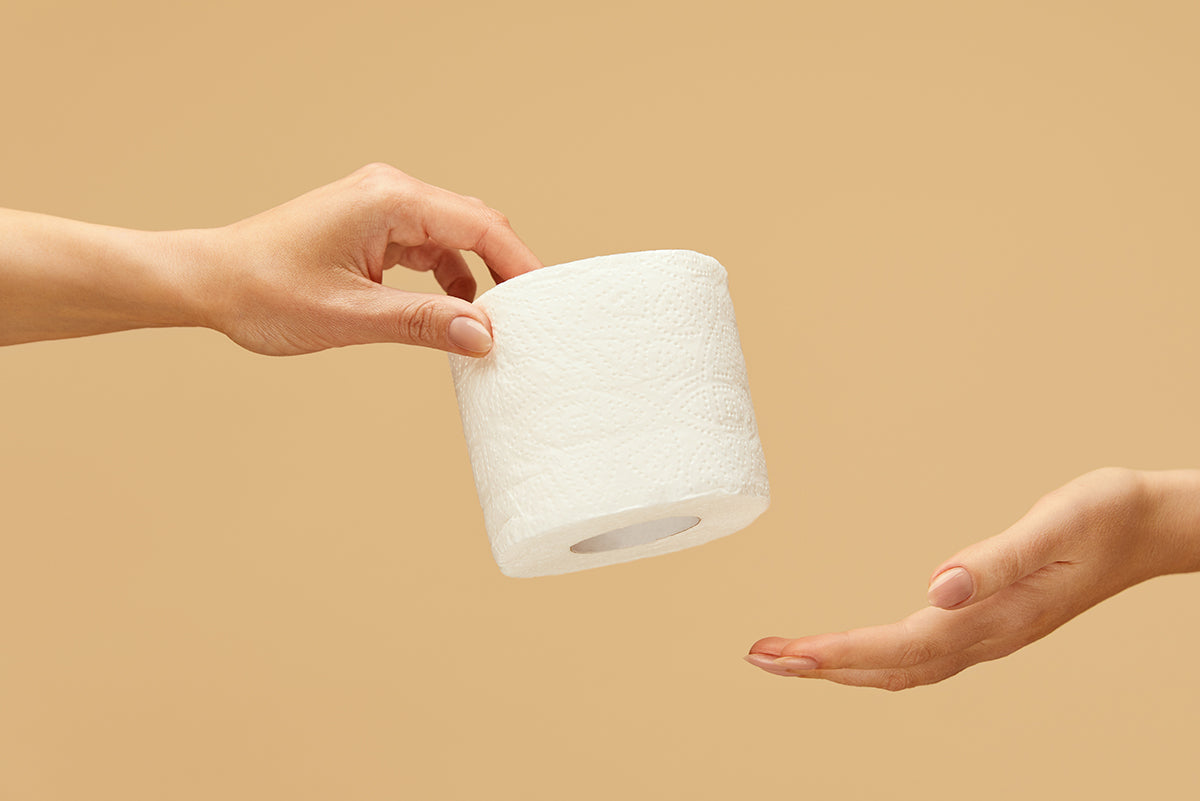


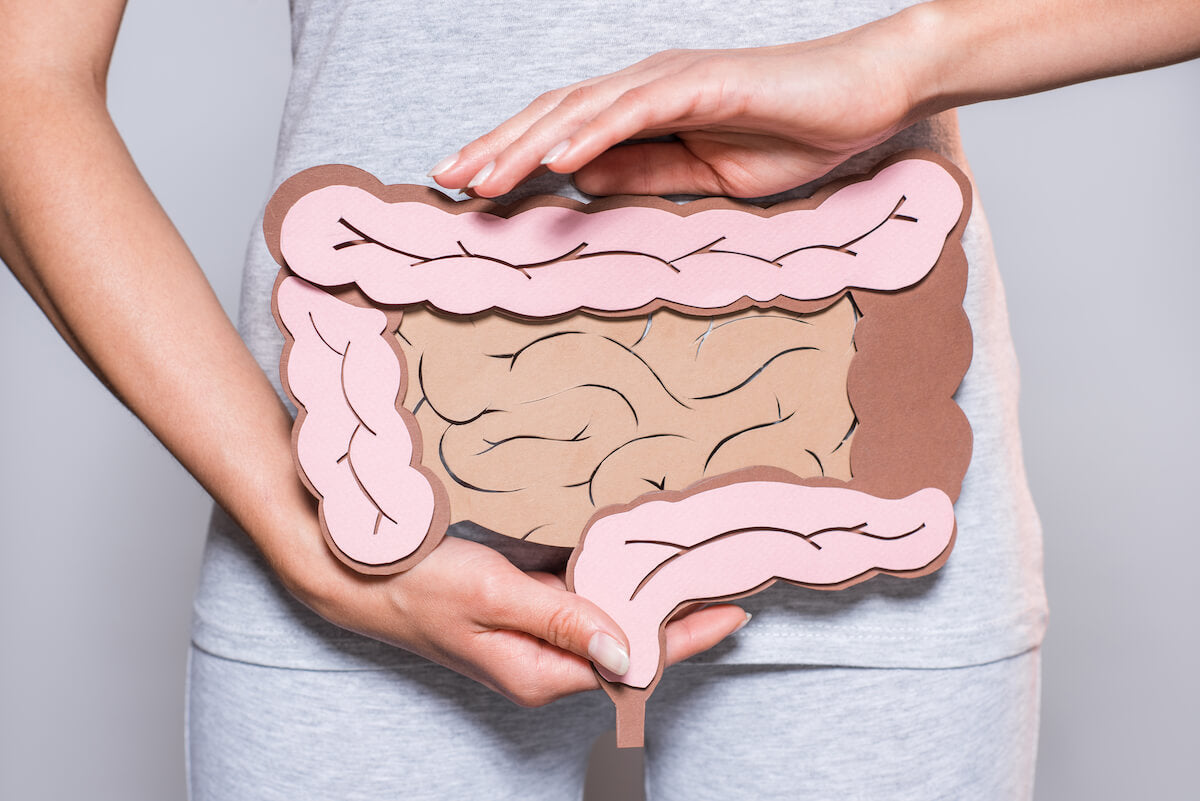
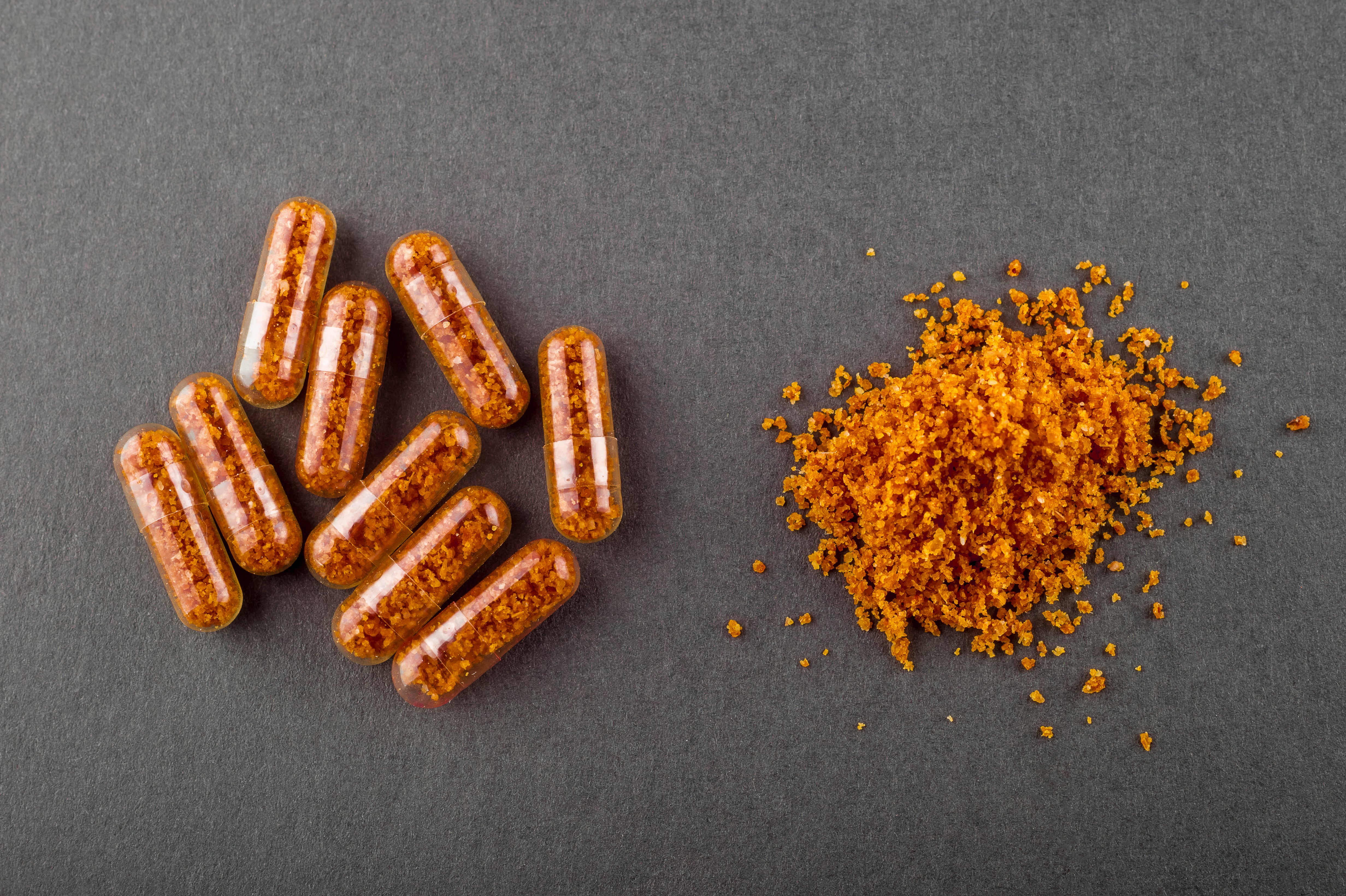


![[Survey] How Long Should You Date Before You Defecate?](http://hellotushy.com/cdn/shop/articles/how-long-should-you-date-before-you-defecate-hero.jpg?v=1611359305)


